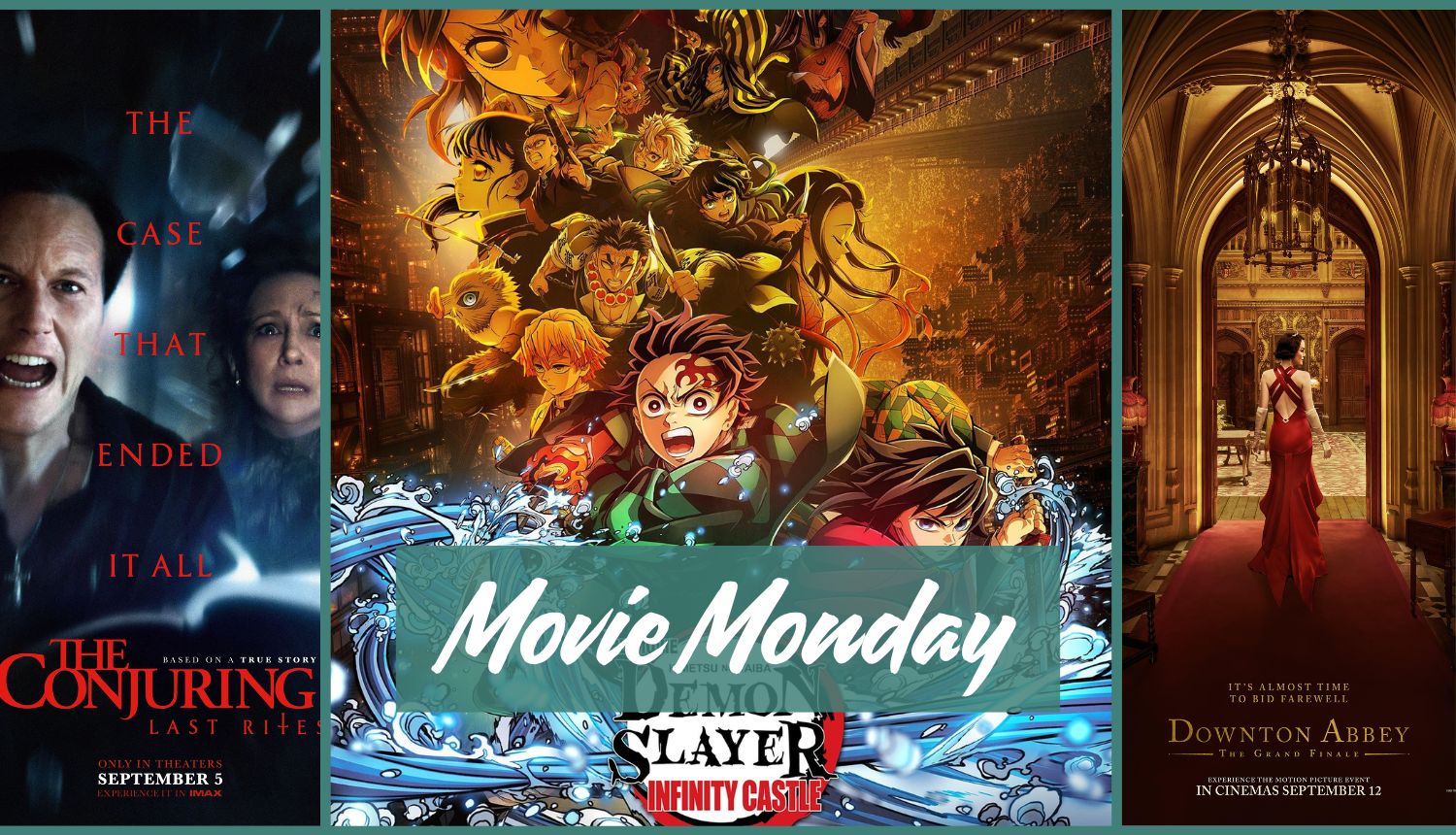It’s true that seeing conversion therapy portrayed as a vivid, colorful playground full of phallic-shaped props and comically presented, heavily gendered activities can be disarming, especially given how differently other films depict conversion therapy. The more recent The Miseducation of Cameron Post and Boy Erased dig deeper into the brutality and violence of these spaces, showing not only their ineffectiveness but also the great physical and mental toll they place on participants. That doesn’t necessarily stop comparisons with But I’m a Cheerleader’s more cheerful approach though, and as Sally so wisely points out, “you [still] see how, in the Easter-hued tackiness, absurd and impossible homophobia somehow is, yet feel the reality of it.”
It’s also worth noting that its aesthetic depictions of these spaces are done in an act of defiance in the face of direct hostility. For the twentieth anniversary director’s cut, Babbit shared in a commentary track that the home where True Directions is set is located in Palmdale, California, a city marked by its history of white supremacy and conservatism. The crew ran into several issues while filming because residents were convinced they were shooting a pornographic film entitled “Butt I’m a Cheerleader!” The neighbor across from the farmhouse-turned-Barbie Dream House was a local pastor who tried to obstruct filming.
In post-production, But I’m a Cheerleader was met with an MPAA rating of NC-17, which resulted in cuts to the film. The initial rating was due to a mention of female oral sex, and because the trade association was convinced the sex scene between Megan and Graham, despite including no nudity, was real. Babbit made adjustments to ensure it received an R-rating and could be played in theaters.
The decisiveness found in the set design and screenplay is also present in the film’s casting, which places popular LGBTQ+ icons in subversive roles. RuPaul’s first dragless performance as ex-gay coach Mike is a notable revelation for many members with Emma admitting, “I was waiting for RuPaul to say ‘condragulations’ and ‘sashay away’ so many times.” Mink Stole, one of only three actors who appear in all of John Waters’s films, plays Megan’s conservative mother who contributes to her daughter’s ‘homosexual root’ by briefly getting a job. RuPaul and Stole’s positions in the larger queer canon help amplify the ridiculousness of their characters’ actions, while adding an extra sense of familiarity for in-the-know queer audiences.

















